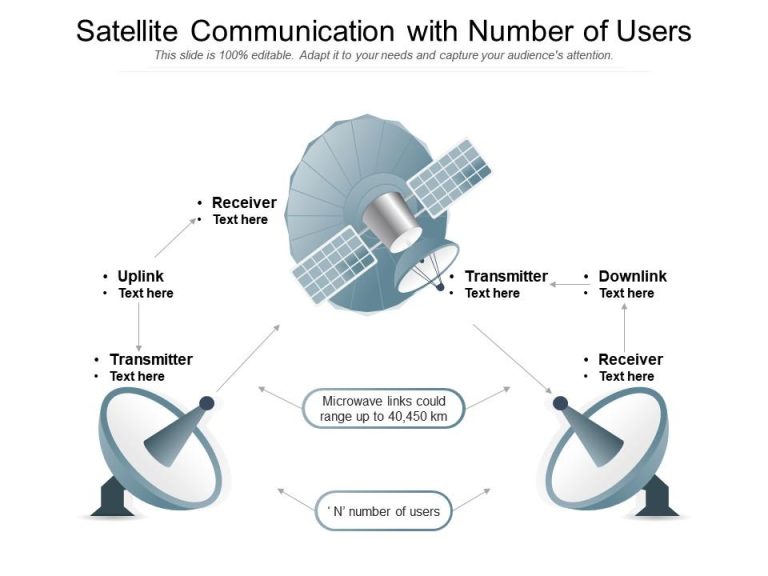How 5G Network Transforms Internet Speed and Connectivity
telcomatraining.com – The introduction of 5G technology marks a revolutionary shift in internet speed and connectivity. As the fifth-generation mobile network, 5G offers significantly higher speeds, lower latency, and enhanced capacity compared to its predecessor, 4G LTE. This advancement is set to transform various industries, improve user experiences, and enable innovations such as smart cities, autonomous vehicles, and the Internet of Things (IoT). In this article, we will explore how 5G technology enhances internet speed and connectivity and the impact it has on various sectors.
Unprecedented Internet Speed
One of the most significant advantages of 5G technology is its lightning-fast internet speed. With potential download speeds reaching up to 10 Gbps, 5G is approximately 100 times faster than 4G LTE. This increase in speed enables users to download large files, stream high-definition videos, and engage in real-time gaming without buffering or delays.
The enhanced speed also benefits businesses by improving communication, boosting efficiency, and supporting seamless cloud computing. With faster connections, remote work becomes more efficient, video conferencing experiences improve, and file transfers happen almost instantaneously.
Ultra-Low Latency
Latency, or the delay between sending and receiving data, is significantly reduced with 5G. While 4G networks have an average latency of 30-50 milliseconds, 5G reduces it to as low as 1 millisecond. This near-instantaneous data transmission enhances applications that require real-time responses, such as:
- Autonomous Vehicles: 5G enables self-driving cars to communicate with each other and their surroundings with minimal delay, enhancing road safety.
- Healthcare & Remote Surgeries: Doctors can perform robotic-assisted surgeries from miles away with minimal lag, improving healthcare accessibility.
- Online Gaming & Augmented Reality (AR)/Virtual Reality (VR): Gamers and AR/VR applications benefit from seamless interactions with no noticeable lag.
Enhanced Connectivity & Capacity
5G networks can support up to 1 million devices per square kilometer, compared to the 100,000 devices that 4G can handle. This improved capacity is crucial in densely populated areas and smart city applications. It allows more users to connect simultaneously without network congestion, making public Wi-Fi and mobile networks more reliable in crowded places such as stadiums, concerts, and urban centers.
Moreover, the enhanced connectivity of 5G paves the way for IoT expansion. Smart homes, wearable devices, industrial automation, and connected infrastructure all benefit from a seamless and high-speed connection that supports multiple devices efficiently.
Impact on Various Industries
1. Healthcare
5G transforms the healthcare industry by enabling remote patient monitoring, telemedicine, and robotic surgeries. Doctors can diagnose and treat patients more effectively, regardless of location, bridging gaps in medical accessibility.
2. Transportation & Autonomous Vehicles
The ultra-low latency of 5G is critical for self-driving cars, allowing them to process information and react instantly. This technology enhances vehicle-to-vehicle (V2V) and vehicle-to-infrastructure (V2I) communication, reducing accidents and improving traffic management.
3. Smart Cities & Infrastructure
Governments and municipalities are leveraging 5G to develop smart cities, where traffic lights, surveillance cameras, and public utilities communicate in real-time to improve efficiency and safety.
4. Entertainment & Media
Streaming services benefit from 5G by providing uninterrupted, high-resolution content. Augmented Reality (AR) and Virtual Reality (VR) applications become more accessible, enhancing entertainment, education, and training experiences.
5. Manufacturing & Industry 4.0
Factories and industries utilize 5G to implement automation, AI-driven processes, and predictive maintenance. This reduces downtime, increases efficiency, and enhances production capabilities.
Challenges of 5G Implementation
Despite its promising benefits, the global rollout of 5G faces several challenges:
- Infrastructure Costs: Deploying 5G requires new infrastructure, including more cell towers and fiber-optic cables, which can be expensive.
- Device Compatibility: Many current devices do not support 5G, necessitating upgrades for consumers and businesses.
- Security Concerns: With increased connectivity comes the risk of cyber threats, requiring robust security measures.
Conclusion
5G technology is a game-changer in internet speed and connectivity, offering unparalleled speed, ultra-low latency, and enhanced network capacity. Its impact is felt across industries, from healthcare and transportation to entertainment and manufacturing. While challenges exist, the advantages of 5G far outweigh its obstacles, making it the future of global connectivity. As 5G adoption continues to expand, it will undoubtedly unlock new opportunities and innovations, revolutionizing the digital world as we know it.







